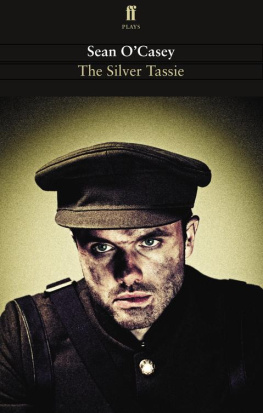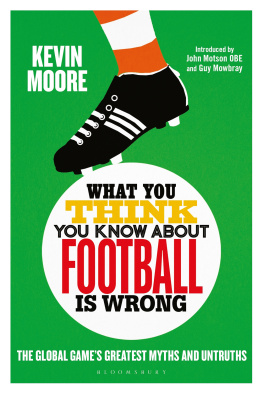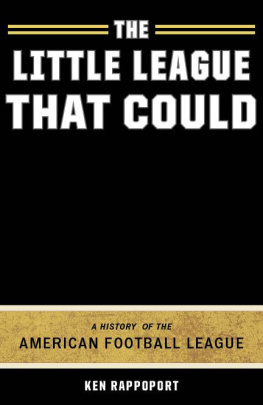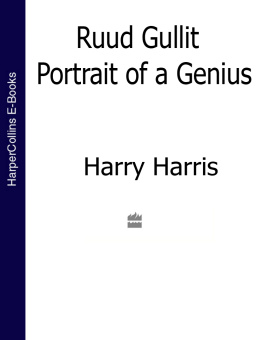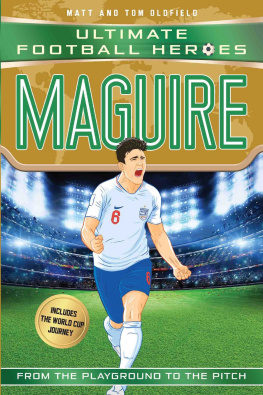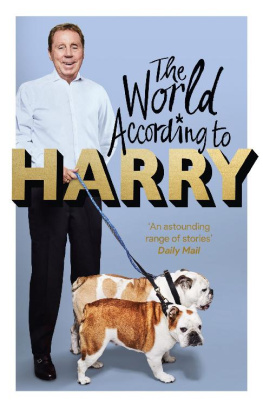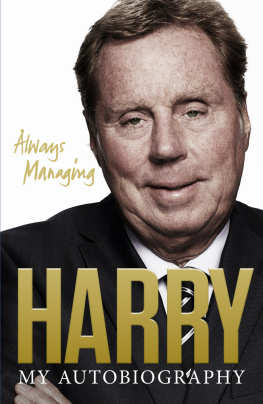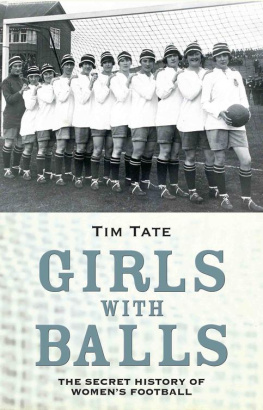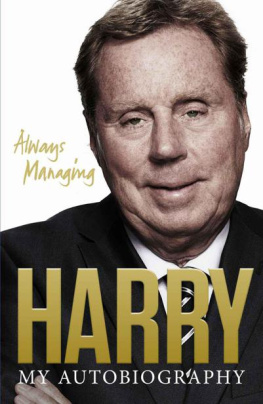JAMES MORAN
In the mid-1920s, Sean OCasey made his name by writing a trio of plays that are all set in Dublins tenements at different points during the Irish revolution of 191623. These plays were premiered at Dublins Abbey Theatre, and enjoyed immediate critical and commercial success. In 1923 the Dublin Evening Herald declared OCaseys debut work, The Shadow of a Gunman, to be brilliant, truthful, decisive and flawless. In 1925 his next play, Juno and the Paycock, won the Hawthornden literary prize, and in 1926 the Irish Times described the premiere of OCaseys third major play, The Plough and the Stars, as the high-water mark of public interest in the work of the Abbey Theatre. The Plough and the Stars had nonetheless angered some nationalists, who rioted in response to that production and helped trigger OCaseys decision to move to London. Here he was visited by two of the Abbey Theatre directors, W.B. Yeats and Lennox Robinson, who implored him to send his next play to the Abbey: he promised and did.
In March 1928 the author was known to have submitted a new script to the Abbey, and Dublin anticipated another triumph. OCasey had proven himself capable of writing with insight and inventiveness about the way that residents of Dublin had been affected by wartime. The new play, The Silver Tassie, would deal with the First World War (the conflict that had preceded and triggered those which his other plays had described) and would begin in the domestic apartments of Dublin, thus potentially extending his well-received trilogy into a tetralogy. In April 1928 the Irish Times excitedly reported that friends of Mr OCasey who have been privileged to read his new play have passed high opinions on its merits, and its production is being eagerly awaited. Indeed, OCasey received words of encouragement from the playhouse as he completed and submitted the work, with one of the theatres directors, Lady Gregory, writing, I long to see it Im sure the wine you have filled it with is of the best vintage. In fact, OCasey felt so sure that the Abbey would produce the work that he even submitted a suggested cast list along with the script.
However, for OCasey disaster then struck. The Abbey rejected the play. Notoriously, the theatres founding director W.B. Yeats guided the managerial decision, and wrote a high-handed letter to OCasey declaring: You are not interested in the Great War; you never stood on its battlefields or walked its hospitals, and so write out of your opinions. You illustrate those opinions by a series of almost unrelated scenes as you might in a leading article.
OCasey felt distressed by this dismissal, and he had good reason to feel upset. The rejection letter failed even to spell his name correctly, even though his plays had bankrolled the Abbey Theatre during recent lean years. In fact, his earlier work, The Plough and the Stars, was being revived at the Abbey at exactly the same time that the directors were rejecting OCaseys new play, meaning that the audiences appreciation for OCasey was literally ringing in the directors ears as they turned down his latest effort. One of the directors wrote to OCasey to say, I return the M.S. of The Silver Tassie. As I write this I hear the audience cheering The Plough.
In a fit of pique at Yeatss behaviour particularly Yeatss face saving suggestion that OCasey himself should withdraw the play in order to rewrite it OCasey decided to publish all the related correspondence about the rejection in the Observer and the Irish Times, bringing public attention to the spat. Yeats felt so shocked by this indiscretion that he took to his bed for two days. But the decision to publish that material caused most long-term damage to OCasey himself. His play The Silver Tassie would long be associated with Yeatss harsh words and with that 1928 verdict that the script is not stageworthy. Since then it has rarely been grouped with the earlier three plays, and has been seen on stage far less frequently.
So why had Yeats led his fellow directors in declining The Silver Tassie? Well, there may have been some professional rivalry involved, as Yeats himself worked as a playwright and his dramas had tanked at the Abbey box office during OCaseys period of success. But, more fundamentally, Yeats had deep misgivings about the whole idea of literary writers tackling the topic of the world war. When Yeats edited the 1936 Oxford Book of Modern Verse he consciously omitted the war poets, famously explaining that passive suffering is not a theme for poetry. So many people had grown obsessed by military conflict, but Yeats declared, I give it as little thought as I can.
OCasey, by contrast, gave the war a great deal of thought, and felt exasperated by Yeatss attitude. OCasey had never seen action, but he knew a great deal about the conflicts victims. During 1915 he had needed surgery on tubercular glands in his neck, and found himself admitted to St Vincents Hospital in Dublin, which had been commandeered as a field hospital. Here OCasey witnessed at first hand the sufferings of the gassed, the shell-shocked, and the maimed. In particular, OCasey saw the sad way that his own surgeon at the hospital, Richard Tobin, had been deeply affected by the recent death of a son. The younger Tobin was a talented Dublin sportsman whose prowess had often been described in the Irish newspapers and who had played in a rugby team representing his fathers hospital in 1914, but who had then enlisted in a pals battalion and died at the Dardanelles. This tale, and other terrible stories, circulated on the wards that OCasey inhabited during 1915, preparing the way for The SilverTassies tragic narrative.
Yeats preferred literary writers to keep the war in the background, but also disliked the theatrical style that OCasey was now developing. OCasey wanted to avoid being defined by what drama critic Huntley Carter had called stark realism, and felt increasingly fascinated by theatrical expressionism. In 1925 OCasey had seen a performance of the play Masse Mensch by the German expressionist Ernst Toller, which proceeds by alternating episodes that advance the story with dream scenes that develop the meaning and significance of the action. In The Silver Tassie an admiring OCasey attempted to do something similar, and so his first-act realism moves into a fantastical second act where he sought to develop the meaning of the opening section by abandoning the naturalistic setting as well as all the characters he had just introduced.
For Yeats, this had simply made The Silver Tassie into an incoherent mish-mash. But that opinion was contradicted by the English theatrical manager Charles Cochran, who declared that the second act was without exception the finest symbolic scene I can recall, and sunk 5,000 of his own money into a London production. The Silver Tassie therefore became the first OCasey play to be premiered outside Dublin when it was first staged at Londons Apollo Theatre in 1929, although in retrospect this may not have been the most strategically brilliant venue in which to perform OCaseys new work. Staging The Silver Tassie at the Apollo inevitably invited comparisons with R.C. Sherriffs smash-hit First World War drama Journeys End, which had premiered with Laurence Olivier at the same London playhouse only ten months previously. In his personal collection of press cuttings, OCasey kept and highlighted the Daily Sketchs hostile review of The Silver Tassie

